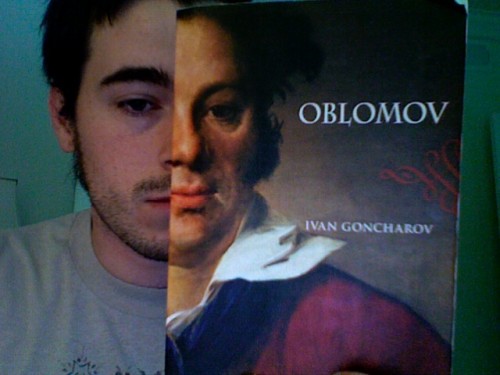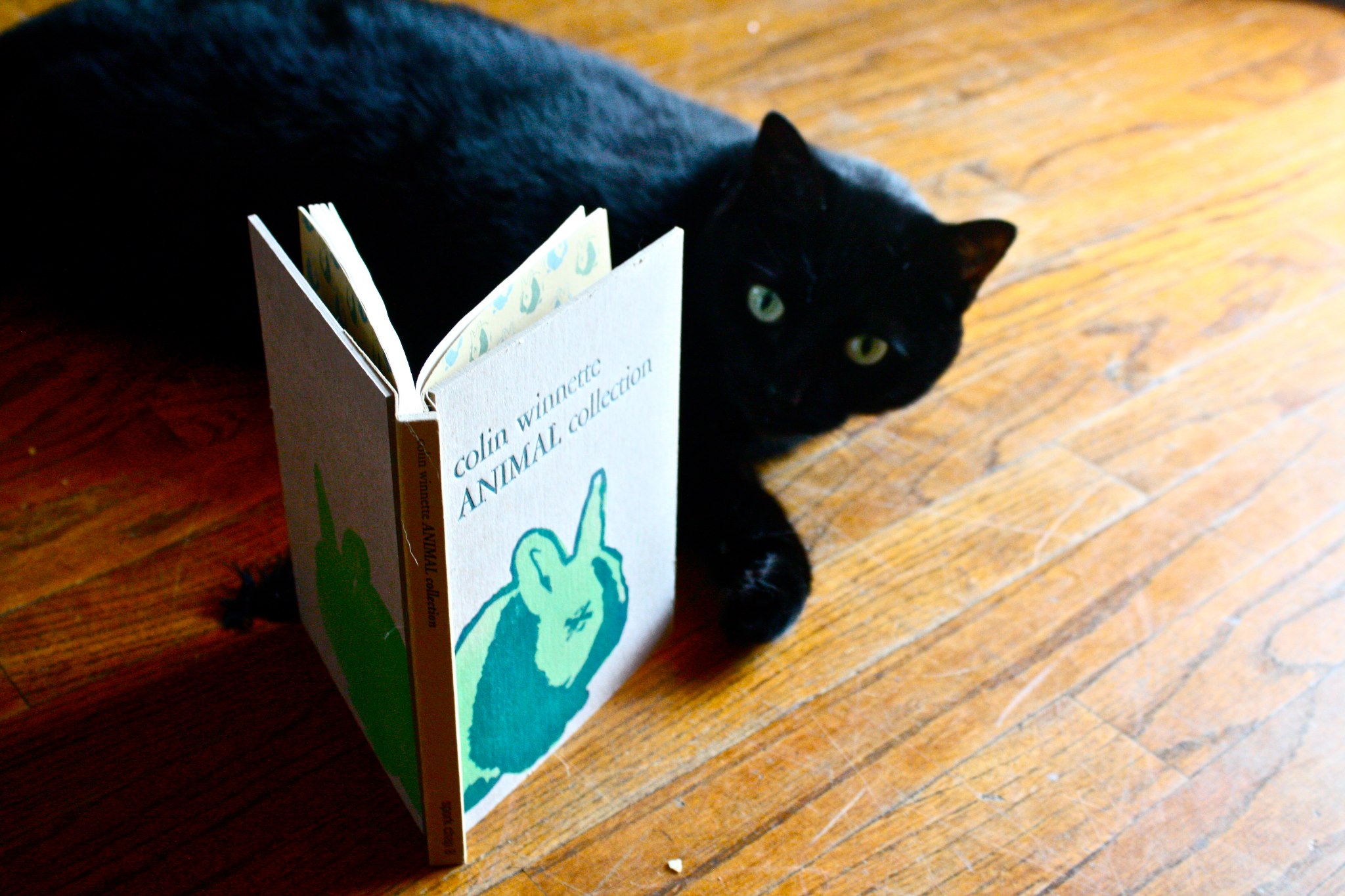An interview with Colin Winnette regarding his new short story collection concerning animals, “Animal Collection”
ADJ: Hi, Colin.
CW: Hi, Adam.
ADJ: Let’s talk about your new book, Animal Collection.
CW: OK, but I think Adam Robinson has already posted something. Does HG have a policy against there being two posts on the same topic?
ADJ: No, it’s OK so long as both guys are named Adam.
… But let’s you and I make small talk, instead. You moved to San Francisco recently. How’s that been working out?
CW: I went to Target today for bookshelves—
ADJ: They have Targets in San Francisco?
CW: They do! The San Franciscan Targets.
ADJ: Have you heard what James Howard Kunstler said about Target?
CW: No, what?
December 10th, 2012 / 8:01 am
Lydia Millet Interview at Willow Springs
Sam Ligon interviewed Lydia Millet in Willow Springs. You can read the full interview here (pdf).
Millet: I was asked recently whether I considered my taste to be minimalist in prose, and I never thought of myself that way, but I do like a lot of space on the page. That is to say, not actual physical white space, but I like there to be space, as with, say, some Nabokov, where there’s a lot of metaphysical space that’s somehow created by the language. I don’t like to be overwhelmed with words. I don’t want someone to try to do some “Wham, bam, thank you, ma’am” with their verbiage. I want there to be room for the silence of the mind in the reading.
A ‘life-changing’ book

Two weeks ago, after my class and I read Lydia Millet’s My Happy Life, we talked about how the book affected us. I asked them to describe how they felt immediately after they finished reading the book. I tried to explain to them that after I finished reading My Happy Life, I just sat in my house at my desk and stared at the wall and felt emotions, but as I felt the emotions, I had a hard time realizing which emotions I was feeling, as if the realization that I was feeling emotions was incompatible with the actual feeling of emotions. Does that make sense? Then I stopped talking and looked at my class and giggled.
Anyhow, some of the students also added their experiences to my own, and though I can’t remember all that was exactly said, I remember that what was often described was this sense that the book left the student both feeling happy and sad (this seemed to be an exciting part of the conversation because it required us to keep in mind sadness and happiness simultaneously), that the book had made the student think about the ‘details’ and ‘little things’ of his or her life (remember the narrator’s collection of tiny objects?), that no matter how shitty you think your life is…and so on.
This was the first time I had heard about my great stupidity. And I was quite surprised, as it had not occurred to me. But certainly it did account for many things. And it always followed a pummeling, when the world blurred into gray edges and my ears throbbed and darted inside. I would wander without destination often, in the wake of beatings. I would believe I was a floating shadow riding on puffs of air, my toes barely skimming the ground.
-from My Happy Life by Lydia Millet
Luca Dipierro animates Lydia Millet
Second in the line of video trailers for short stories from Electric Literature (the first having been for Jim Shepard, mentioned here) is a stop motion animation from the wonderful Luca Dipierro, who took a single sentence from Lydia Millet’s story to create this one minute reel of beauty.
Here is the sentence: “Sometimes he wished he could gather all the dogs he loved most and walk off the end of the world with them.” from her story Sir Henry.

